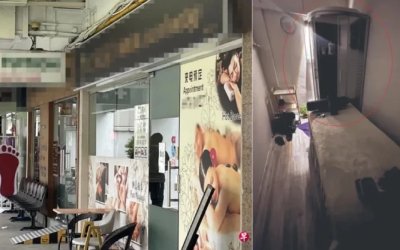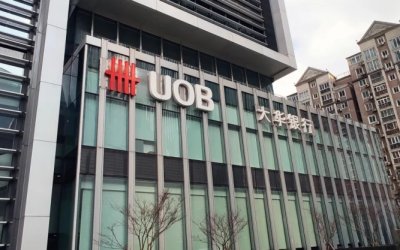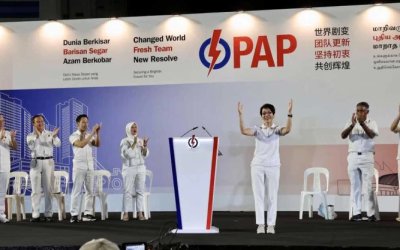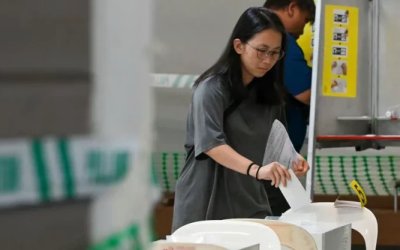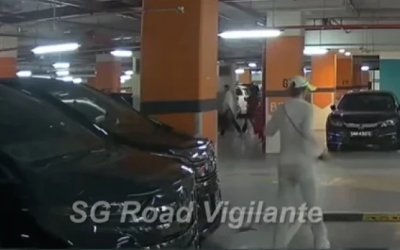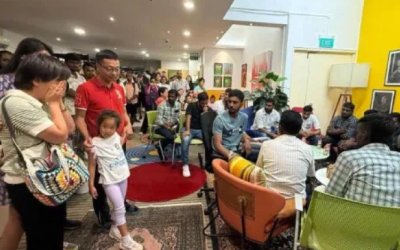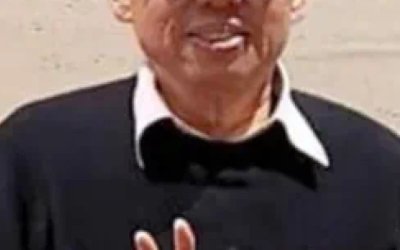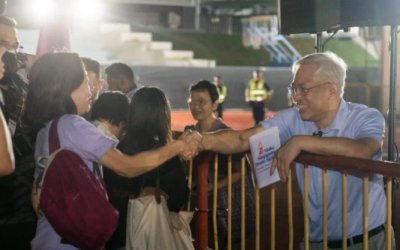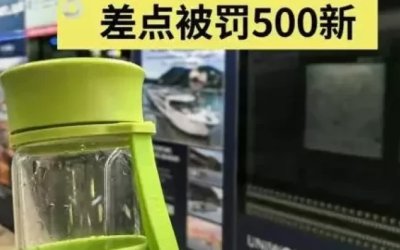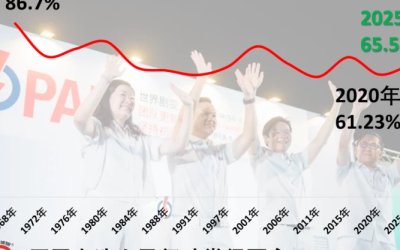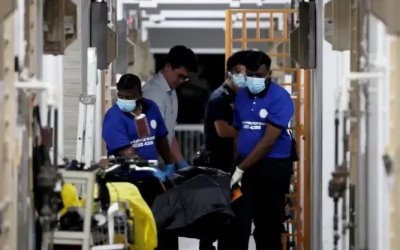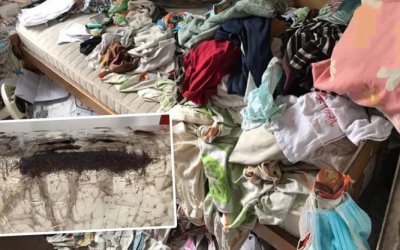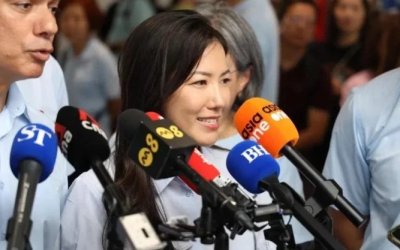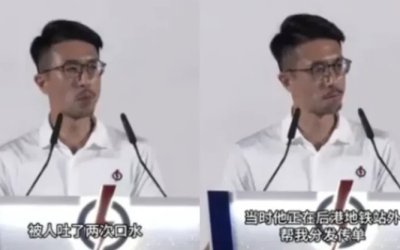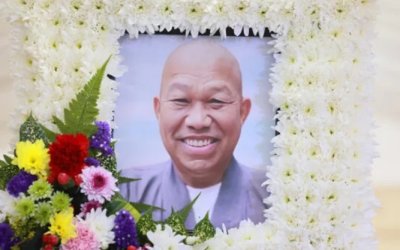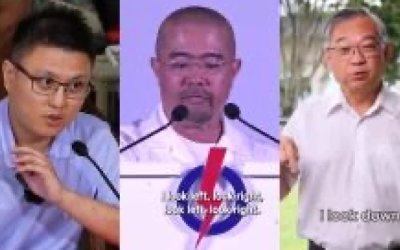Second point, because we are small, we have to subscribe to international law and multilateral rules, and processes and institutions to give effect to multilateral rules. It comes with being small.
Third point, we always have to seek to be relevant to the world, to be useful to big and middle powers, but we will not be made use of, either by other powers or even by companies pursuing pecuniary interest.
And my final point, in a world which is bifurcating, fracturing or polarising and divided, it is all the more important for us to play it straight, for me to say the same thing in Beijing and Washington, and to be fair. And that is why everything that Minister Tan has said applies to all our trading partners.
I think I have said enough. And I hope I have reassured the Member and other Members of this House.
Mr Speaker: Minister Tan.
Dr Tan See Leng: Thank you, Speaker. I want to also address Assoc Prof Lim's point about Nvidia's quarterly revenue, as he shared earlier on.
I just wanted to put it into very clear perspective for the Member: in the third quarter of 2024, the proportion of Nvidia's quarterly revenue attributed to Singapore is 22%. This reflects the location where Nvidia's customers received the bill; it does not mean that it was shipped here. So, it is independent from the physical location that Nvidia and its customers deliver the goods to.
Let me share broadly with Members of the House. It is common practice for global entities to centralise the billing for procured goods and services in their hubs, but this is separate from where the products are shipped to. So far, from our checks and the data that we have on hand, it is revealed that in that quarter, less than 1% of Nvidia's overall revenue was physically shipped into Singapore. The remainder of Nvidia's revenue billed to business entities here did not involve physical shipments into Singapore.
Mr Speaker: Mr Mark Lee, last supplementary question.
Mr Mark Lee (Nominated Member): I thank the Minister for the very comprehensive reply. The Minister has mentioned that Singapore has been classified as a Tier Two country under the US AI chip export controls. My supplementary question to the Minister is: what are the economic implications of being in Tier Two and does this classification impact Singapore's ability to attract AI chip investments, high-end semi-conductor research and development or even hinder our ambitions to be an AI development hub?
Dr Tan See Leng: I thank Mr Lee for his supplementary question. As my esteemed colleague, Minister Vivian, has shared, we are in the broader base of the 150 countries. I think we are in good company.
As I have also mentioned in my reply earlier, the US AI Diffusion Rule has not yet been finalised by the current administration; and Minister Vivian has also alluded to the fact that it was released by the Biden Administration in the final days of his administration. Actually, it is on 13 January 2025, just over a month ago. And there is a 120-day comment period, which will end on 13 May 2025. The new administration has not commented on their policy or position towards the rule. So, we are among one of the 150 countries under this Tier Two status.
Whilst the US categorised 18 countries under Tier One, it did not share specific requirements on the tiering classification nor what requirements are required for a country to be reclassified from Tier Two to Tier One.
Access to AI compute is important for our national AI ambitions. As articulated in our National AI Strategy 2.0, we are adopting a multi-prong strategy to enable industry, academia and Government to undertake high-value AI activities. Besides securing access to advanced AI hardware and compute, we will also focus on talent and infrastructure development. We will continue to support companies operating in Singapore to gain access to advanced chips, including those that are under the AI Diffusion Rule.
Presently, most of the demand for advanced chips amongst our industry players come from US headquartered cloud hyperscalers. These are: Meta, Amazon, Google and so on. We will work with them to apply to be universal verified end users, so as to allow them to transfer a certain quantity of advanced chips to Singapore for their innovation and for their business needs.
For the local companies with significant AI compute requirements, they can apply to be the national verified end user. There are two tiers: a universal verified end user and a national verified end user. They can apply for the national verified end user status to receive access to advanced AI chips and we will support our local companies in their application.
Chips that are imported by both universal and national verified end users will not count towards the national cap imposed on Tier Two countries.
We are in consultation with industry players in Singapore to gather feedback on the potential impact of the draft rules on their business activities. This will allow us to better consider appropriate measures to support our companies and we are also, as I have said earlier, engaging the US to address their concerns and to also better understand their approach to the AI Diffusion Rule.
Note(s) to Question No(s) 3-6:
1 Question subsequently withdrawn: To ask the Deputy Prime Minister and Minister for Trade and Industry (a) what measures are in place to ensure that Singapore-based entities comply with US export controls and to prevent the unauthorised re-export of controlled technologies; and (b) how is Singapore collaborating with international partners, particularly the US, to enhance compliance and enforcement of US export controls while promoting business confidence and maintaining its position as a trusted global trade hub.
CF丨翻译
CF丨编审
新加坡国会丨来源
新加坡国会丨图源
